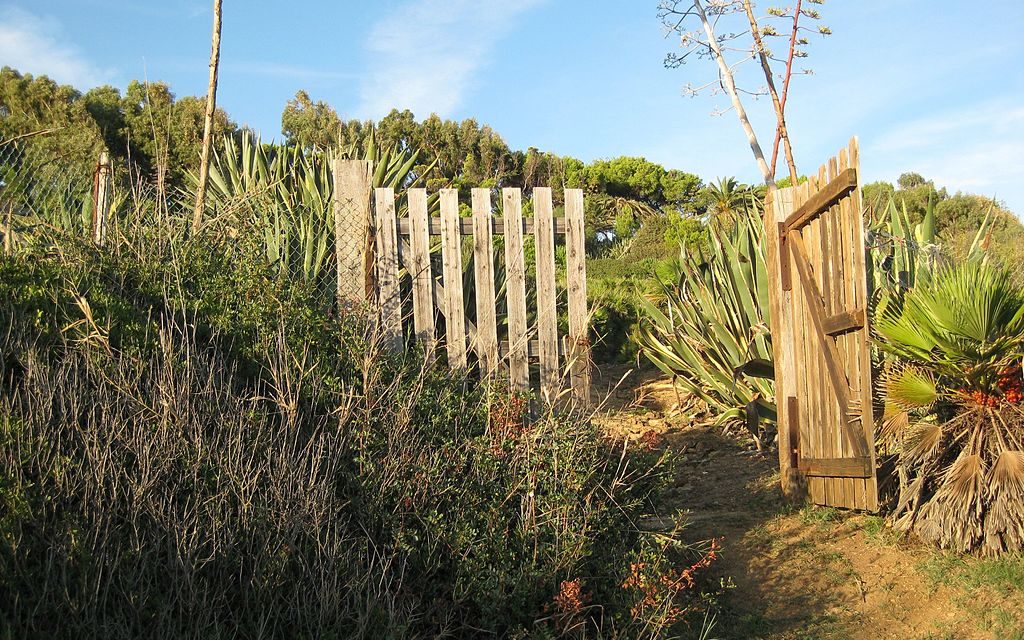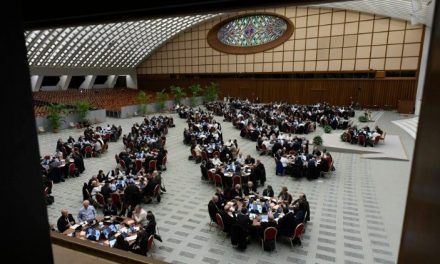ACTS 2:14A, 36-41
1 PT 2:20B-25
JN 10:1-10
The reason this lectionary post will be a bit short and hasty is because I am away visiting family on the occasion of my nephew’s (and godson’s) first communion. I had the great privilege of being an extraordinary minister for the occasion. The parish church invited all of the first communicants and their families to come up first for communion, and it was fascinating to see how few families received together. Almost every child I saw (and about half of them were in Catholic school) had a parent or grandparent who wasn’t Catholic. Then there were some divorced and remarried Catholics, some who received, some who didn’t. It required quite a bit of attention to figure out who was receiving and who wasn’t.
What was incredibly beautiful though was how reverent and joyful everybody who came forward seemed as they watched these second graders receive communion for the first time. Some laid their hands on the children and bowed in reverence, others smiled warmly, and still others looked awestruck. On the one hand, there was so much disunity in these families. Divorced parents who no longer speak to each other, grandparents who have left the church, parents who practice differently. But at the moment of communion, the only thing I could see was unity. For a moment, differences were bridged and wounds were healed as disparate parties came together to celebrate something incredible, unique, and once-in-a-lifetime.
I thought of this as I read through our gospel for this Sunday. “I am the gate for the sheep,” Jesus tells us. “Whoever enters through me will be saved.” The evangelist John is notoriously difficult to apply morally but this passage has been used to argue that Jesus, and really more specifically Christianity, is the only path to salvation, that anybody who tries to enter eternal life apart from Jesus is a “thief and robber.” And there is definitely truth to this. But Jesus is a surprising gate, and the thieves and robbers he warns us about are not always who we expect.
This passage comes right after the man born blind, healed by Jesus, much to what seems the disappointment of the Pharisees. Instead of rejoicing that a man made blind can now see, they quibble instead about how it happened. The Pharisees think the gate should only be open to a certain type, and Jesus challenges that.
At my nephew’s first communion, I saw a divorced and remarried father reverently go to receive the host. At first, the minister tried to deny him, knowing he was remarried, but the man insisted. Now, we can discuss all we want whether this man’s conscience was properly formed, but his earnestness and fervent desire were evident as he came forward. Perhaps he saw there in the host the gate for a person like him, a person who has known so viscerally what it means to be separated from the Good Shepherd. And maybe he saw in this sacred act of receiving communion the Lord who says to his flock, “I have come that you might have life, and have it more abundantly.”
I am not suggesting here that we need to compromise our moral stances. It is important that communion, for example, be treated with reverence and that those who choose to receive should be encouraged to examine their conscience and confess their sins. Norms of the church about who should and shouldn’t receive should not be treated lightly.
But when we see a person with a fervent desire to enter through the gate, perhaps we might also pause before casting judgment to see if in this moment, Jesus might be surprising us by opening the gate to a person we might not expect to enter. We might examine our own conscience to see if we are acting as the Pharisees who cannot rejoice over a healing because we perceive it has occurred by breaking the rules, or if our own “fence around the Torah” is forcing that gate to stay closed.




